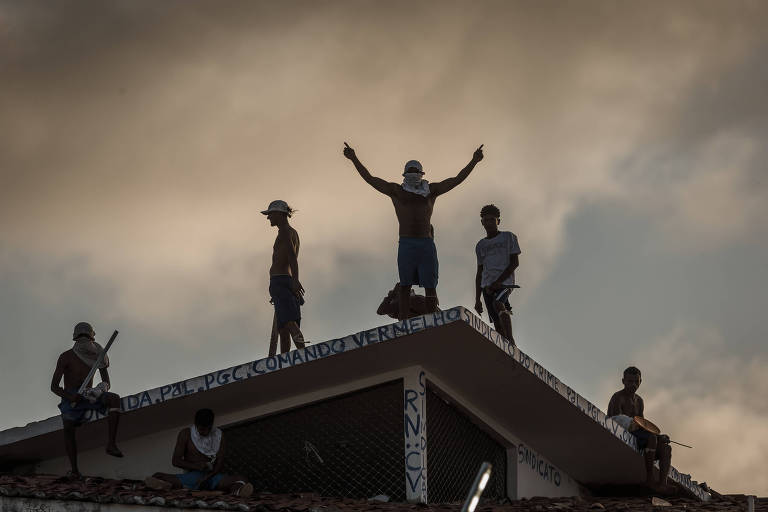In Pará, prisoners were beheaded. In the Amazon state, they were forced to eat the eyes of the dead. In Roraima, their hearts were torn out. Since October 2016, major rebellions have killed nearly 300 prisoners in Brazil - the most recent episode was in Altamira (PA), with 62 dead. To date, no one has been convicted of any of these crimes.
A survey by Folha shows that of the shocking major prison riots in recent years, most of them have not even had police investigations completed (such as RR, RO, RN and PA). The most advanced cases, where the case has reached court, are in TO and AM (still without any convictions).
Delegates and prosecutors cite several difficulties in investigating such cases: the fact that prisoners do not want to testify against others with whom they are confined; the destruction of evidence; and the difficulty of individualizing conduct (knowing who did what), for example.
The current wave of prison slaughter in the country began in 2016, according to analysts, after a breach of a non-aggression pact between the São Paulo faction PCC (First Capital Command) and Rio de Janeiro CV (Red Command). The two factions disputed drug trafficking routes in the country.
In October of that year, in Boa Vista, CCP criminals killed ten prisoners linked to the Red Command and the Northern Family (NDF). The police have not completed the investigation.
Hours later, eight prisoners were killed in Porto Velho.
In January 2017, members of the Northern Family killed 56 CCP-linked prisoners in Manaus — videos recorded by the detainees showed heads lined up.
In November of that year, prosecutor Edinaldo Aquino Medeiros reported 213 people.
Today, almost two years later, the case is still awaiting an outcome in court. According to the Amazon Court of Justice, all witnesses have already given depositions, and the defendants will answer questions in October and November.
With the delay in judging them, at least 7 of the 213 defendants have died - some of them in another massive slaughter that took place two years later in the same city.
Translated by Kiratiana Freelon
